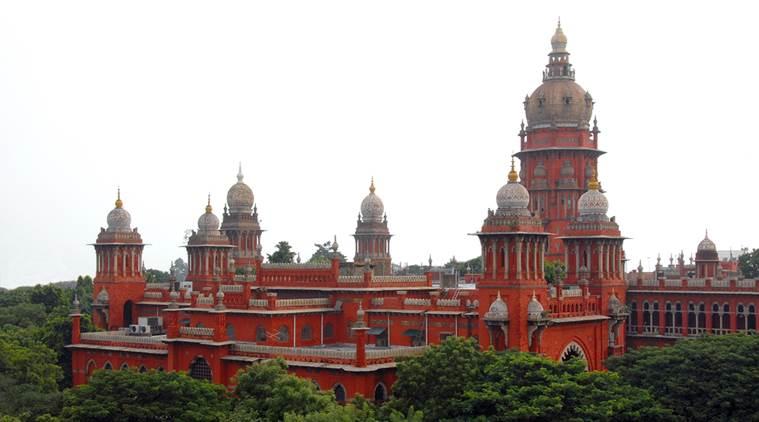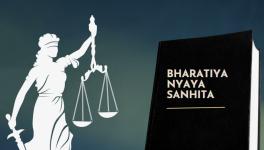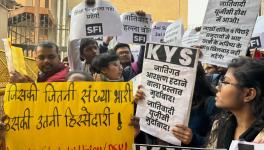Provide Specific Reservation for Transgenders: Madras HC

Chennai, March 2 (PTI) The Madras High Court on Wednesday strongly recommended to the Tamil Nadu government to provide a specified percentage of special reservation for Transgenders/Third Genders [TGs] in future public employments, apart from other relaxations and concessions extended to the socially and economically backward classes.
Justice M.S. Ramesh made the recommendation while allowing a batch of writ petitions from Saratha, a TG, and seven others.
The judge also made a case for the government to provide relaxations in the physical measurement, endurance and physical efficiency tests for the TGs, who identify themselves as ‘male’ or `Third Gender’, on par with the concessions extended to women candidates and other socially and economically backward classes.
While granting any reservation, concessions and relaxations to the TGs, the state government shall take into account the ratio adopted for granting similar privileges to the other socially and economically backward classes and adopt a similar method for determining these privileges for the TGs, the judge said.
The petitioners submitted that the concessions and relaxations extended to them in the common recruitment processes for the posts of Grade-II constables and the like for 2017-18, 2019 and 2020, which were conducted by the Tamil Nadu Uniform Services Recruitment Board [TNUSRB], are inadequate and inconsistent with the orders passed by the Supreme Court and the Madras High Court, and the same amounted to hostile discrimination.
They sought for reservation, relaxations and concessions for the purpose of considering their candidatures in the ongoing recruitment process.
Allowing the petitions, the judge quashed the disqualification of the petitioners from the recruitment process for Grade-II constable posts conducted by the TNUSRB for the years 2017-18, 2019 and 2020 and directed the agency to treat all the petitioners herein as having qualified in the initial selection process, including the written examination, and forthwith subject them to physical measurement tests, endurance tests and physical efficiency tests, in accordance with the relaxed norms applicable for women candidates, for appointing them as Grade-II constables.
This process shall be completed within eight weeks, the judge said.
The relaxations in the upper age limit for the TGs cannot be termed to be a reservation , but rather a relaxation enabling them to fall within the zone of consideration and place them on par with the general category, the judge added.
Earlier, the judge pointed out that the Supreme Court, while dealing with the National Legal Services Authority [NALSA] case in 2014, had specifically directed the state governments to provide reservation in public employment, clubbing the third gender who applied under the female category, along with the reservation for women candidates.
Otherwise, the same would infringe their fundamental right of equality before law and equality of opportunity in public employment, guaranteed under Articles 14 and 16(1) of the Constitution.
The failure on the part of TNUSRB to provide any kind of reservation for the TGs in the male category and placing them on par with the general category candidates, is violative of the Articles and not only unconstitutional, but also illegal since it defies the direction to provide reservation in public employment, as ordered in NALSA case.
The deprivation of the relaxations and concessions offered to female candidates in the physical measurement, endurance and physical efficiency tests to the TGs, who recognise themselves as ‘Male’ or ‘Third Gender’, is arbitrary and unreasonable, apart from infringing their fundamental right under Article 16(1), the judge held.
Get the latest reports & analysis with people's perspective on Protests, movements & deep analytical videos, discussions of the current affairs in your Telegram app. Subscribe to NewsClick's Telegram channel & get Real-Time updates on stories, as they get published on our website.
























